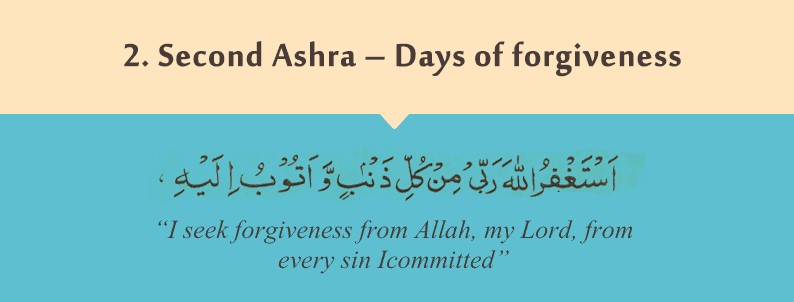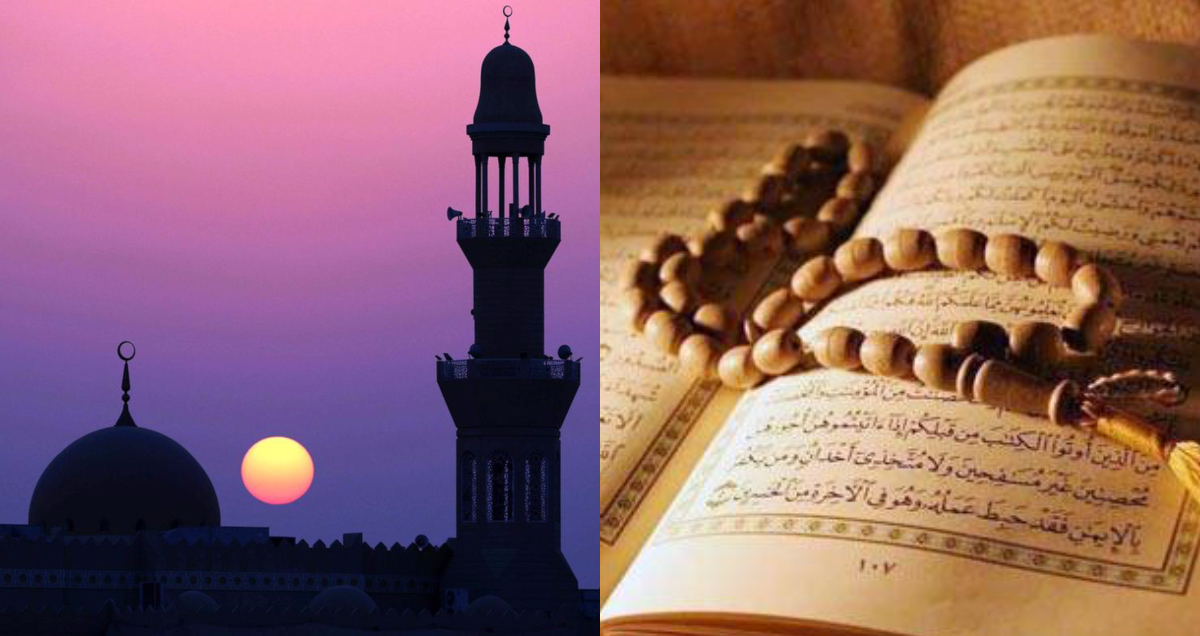Ramadan, the ninth month as per Islamic calendar, discerned by Muslims as a period of fasting and getting close to Allah by all means. Ramadan comes in the five pillars of Islam; thus, it is significant for Muslims across the globe. Ramadan is divided into three stages-first Ashra (Rehmat), second Ashra of Ramadan (Maghfirat) and the third Ashra (Nijaat).
The word Ramadan originates from the Arabic root rameeḍa, which means searing heat. Fasting is obligatory for grown-up Muslims, excluding those who are sick, wayfaring, aged, pregnant, diabetic, breastfeeding, or on menstrual periods.
[adinserter block= “3”]
When fasting from sunrise until dusk, Muslims abstain from meals, drink, smoking, carnal relations, and wicked behavior that may neutralize the prize of Ramadan (Sauum). Mainly, endeavoring to purify themselves and increasing “Taqwa” (God-consciousness) is the goal of Ramadan.
The pre-morning meal is called “suhoor”, while the sunset meals to break the fast is referred to as “iftar”. Religious rewards for fasting are supposed to be doubled during the holy month of Ramadan.
How To Get Most Out Of Ramadan

Source: About Islam
Observing prayers:
Praying five times a day is obligatory for Muslims. However praying more than five times, (Nafl) can multiply your rewards and make you closer to Allah.
Paying Zakat:
Zakat comes under the five main pillars of Islam, it is paying of 2.5 percent of your wealth to the needy people. Paying Zakat is one of the ways of making most out of Ramadan
Sitting in Itikaf:
Itikaf is the Sunnah of the Holy Prophet Muhammad (S.A.W). Itikaf is a method in which Muslims go to mosques for last 10 days of Ramadan to attain the blessing of Allah Almighty
Recitation:
Recitation of the Holy Quran and reading it with translation to know what Allah is saying can bring you closer to the Almighty. Read complete Quran in the month of Ramadan.
[adinserter block= “10”]
The Three Ashras
Prophet Muhammad (SAW) said, “It (Ramadan) is the month, whose beginning is mercy, its middle, forgiveness, and its end, release from the fire of hell.” In Ramadan, there are three Ashras, each one having a Dua. The initial stage (Ashra) of Ramadan starts from the 1st of Ramadan to 10th of Ramadan. The second ashra of ramadan begins from 11 of Ramadan to 20th of Ramadan, and the third stage (Ashra) starts from 21st of Ramadan to 30th of Ramadan. First Ashra indicates “Mercy of Allah” so it is comprehended as “Rehmat”. The Second ashra of ramadan exhibits “Forgiveness of Allah” it is also called as Ashra of “Maghfirah”. The third stage (Ashra) of Ramadan shows “protection from the Hell” it is the comprehended as “Nijat”.
The Second Ashra of Ramadan (Pardon)

Source: Islam religion guardian
Second Ashra of Ramadan starts from 10th of Ramadan until 20th of Ramadan. This Ashra is about seeking forgiveness of Allah. The Dua of the second stage (Ashra) is “I ask forgiveness of my sins from Allah who is my Lord and I turn towards Him.” In this Ashra the doors of forgiveness are open for any sinner, no matter what he has done, he can beg pardon of it from the Omnipotent, ALLAH.
THE 10 LESSONS OF RAMADAN second ASHRA
While you seek forgiveness from Allah, forgive others around you as well. Allah certainly loves those who forgive others and ask for forgiveness. In reality, the goal of the second Ashra is to practice gratitude and forgiveness. Forgiving others is the biggest dead a Muslim can do, so in order to attain forgiveness from Allah forgive others as well.
[adinserter block= “4”]
- In the month of Ramadan, Allah doubles our deeds, erases our wrongdoings and elevates our status. In this Ashra of forgiveness, ask forgiveness, again and again, recite “Astaghfar” as much as you can.
- Do more and more charity in order to have Allah’s mercy upon us. Arrange “iftars” for the needy people and fulfill their legal wishes.
- In this Ashra, you may enhance your “Taqwa” (God-consciousness) and piety by spending more time in the mosques.
- We should practice remaining calm in this Ashra. We should abstain from getting angry and should try to show empathy towards other fellow beings.
- To get most out of the second Ashra and in the right way, we should spend our time with those, who need us most- our parents’, families, elders or needy people.
- Offer Taraweeh prayer. It would let you get closer to Allah and would make you ask for forgiveness in an apt way.
- In this Ashra, remain kind to people. Do kindness as our Prophet Muhammad (S.A.W) did. Allah is close to those who are kind.
- It is the second ten days of Ramadan that we consider the days of forgiveness of Allah. Allah seeks those who want forgiveness and are ready to lead a right life.
- During the second Ashra, try to call those who are angry with you. Forgive those who have hurt you; leave every revenge and forgive for the sake of Allah.
- Most significantly, practice patience, and compassion. This will soar kindness in you and you will be more kind than ever.







